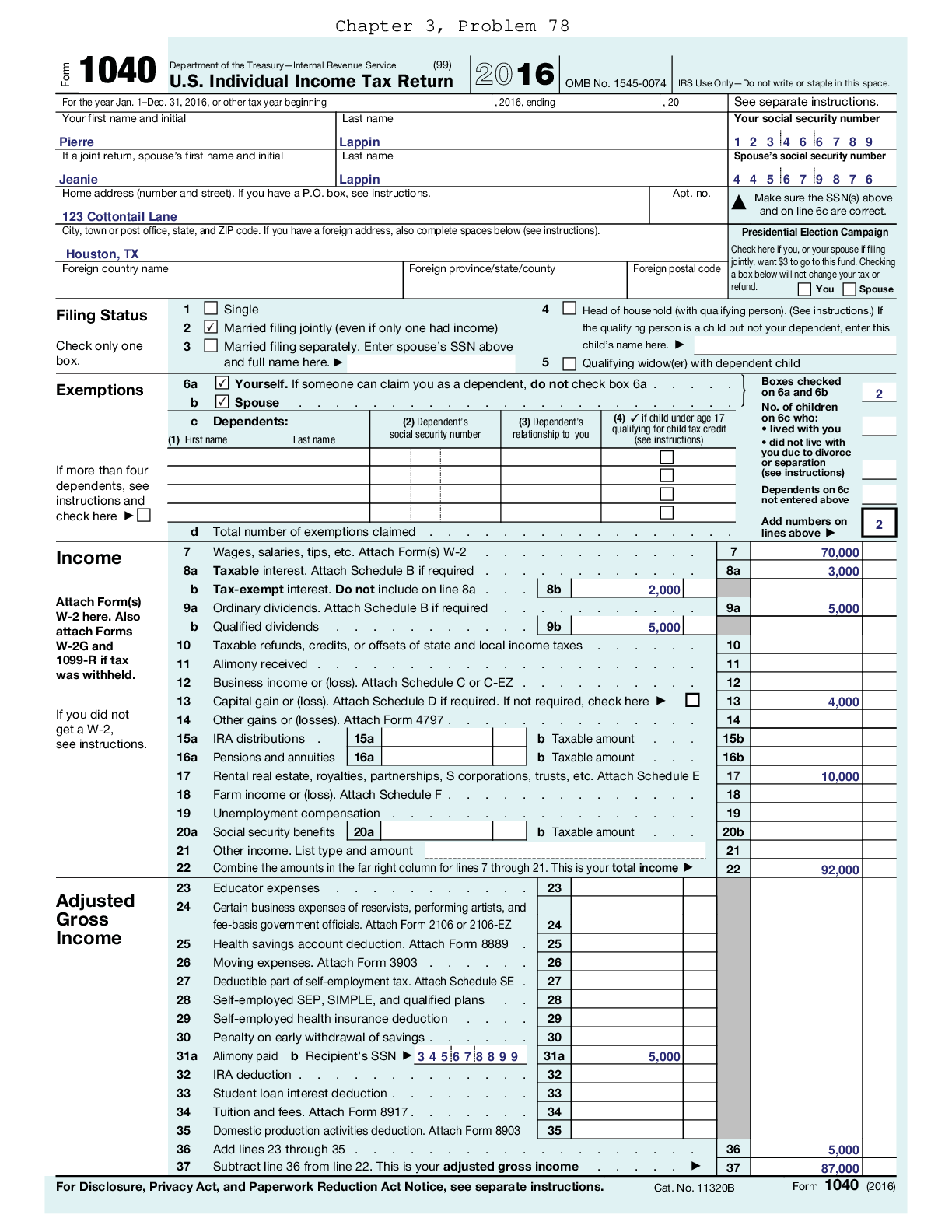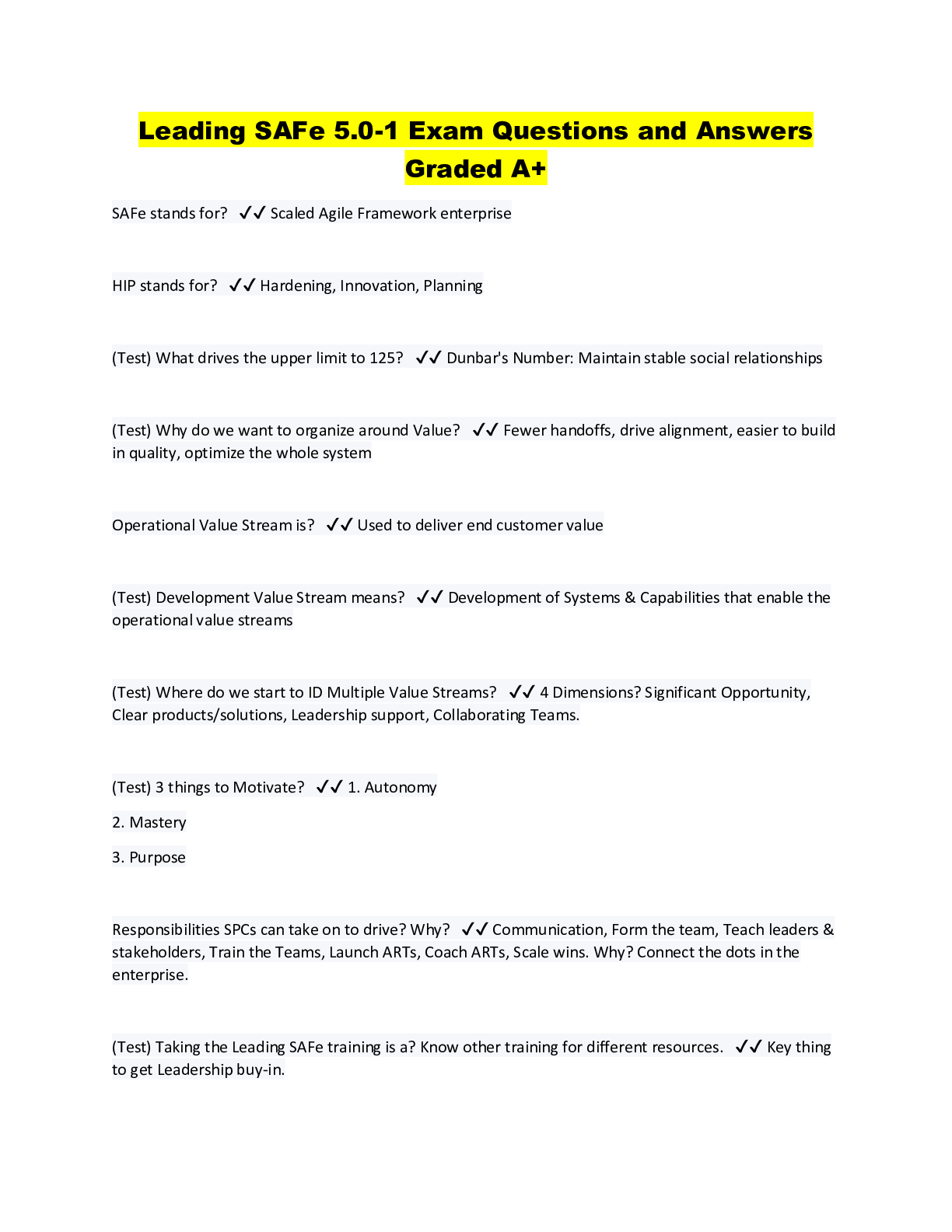Healthy Hunger Free Kids Act
The United States has enacted numerous policies over the course of its history. The
government has struggled to successfully pass some of these policies and there will always be
contradict
...
Healthy Hunger Free Kids Act
The United States has enacted numerous policies over the course of its history. The
government has struggled to successfully pass some of these policies and there will always be
contradicting views no matter what is enacted. Moreover, as presidential terms end and new ones
begin, sometimes policies are retracted months after they come to fruition. However, there are
also the acts or policies that take decades to re-evaluate, oftentimes leading to a dramatic change
to society or those systems directly involved. As different policies become signed into law, it is
important to analyze why and how something is enacted along with the long-term benefits it can
have for society. One ongoing issue within the United States continues to be obesity. Although
obesity can be blamed on many issues such as environment, economic status, and genetics, one
thing that constantly leads to obesity is poor nutritional choices. The Healthy Hunger Free Kids
Act (HHFKA) is a policy that requires schools to adopt healthier food choices for children.
Through the analysis and true understanding of the HHFKA, its goals towards decreasing
obesity, and interviews with stakeholders, a determination will be made as to whether or not this
policy has achieved its goal of healthier nutritional choices within schools or if recommendations
are warranted to enhance the policy.
Healthy Hunger Free Kids Act
The Healthy Hunger Free Kids Act is a policy that replaced (at the time) a 30-year-old
policy known as the Child Nutrition Act. The HHFKA was signed into law on December 13,
2010, by the Obama administration. It is not surprising that the Obama administration passed this
act as Michelle Obama was a strong advocate of healthy eating habits and decreasing childhood
obesity as seen through her “Let’s Move” initiative. This bill has many components but is
3
ultimately meant to provide children healthier meal choices in school, increase the availability of
breakfasts in school, and improve funding in order to ensure that better quality foods are being
offered in hopes of decreasing childhood obesity. Edwalds (2014) nicely summarizes the
HHFKA stating that it requires stricter regulations on the type of food products allowed within
schools along with encouraging increased physical and n
[Show More]
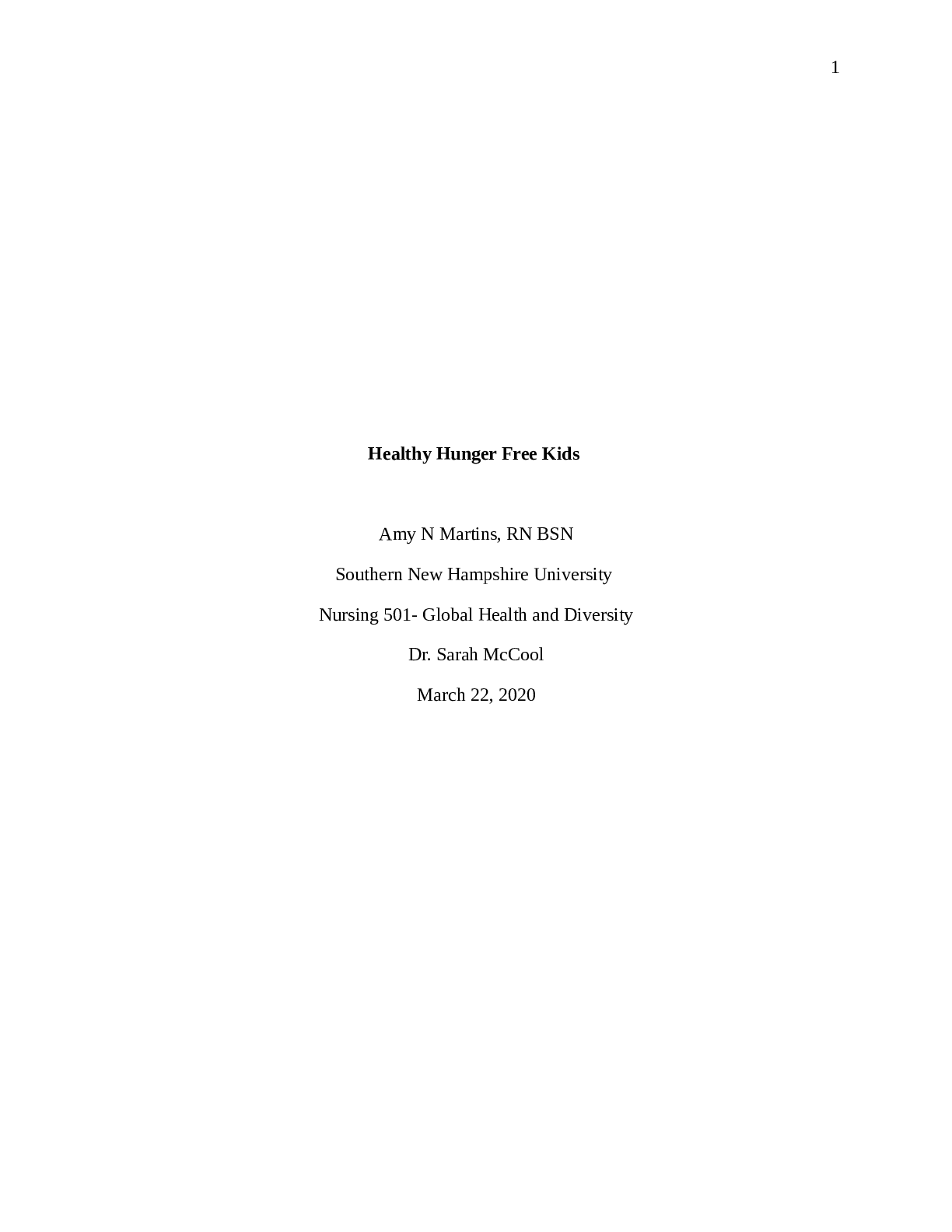




.png)
.png)
.png)
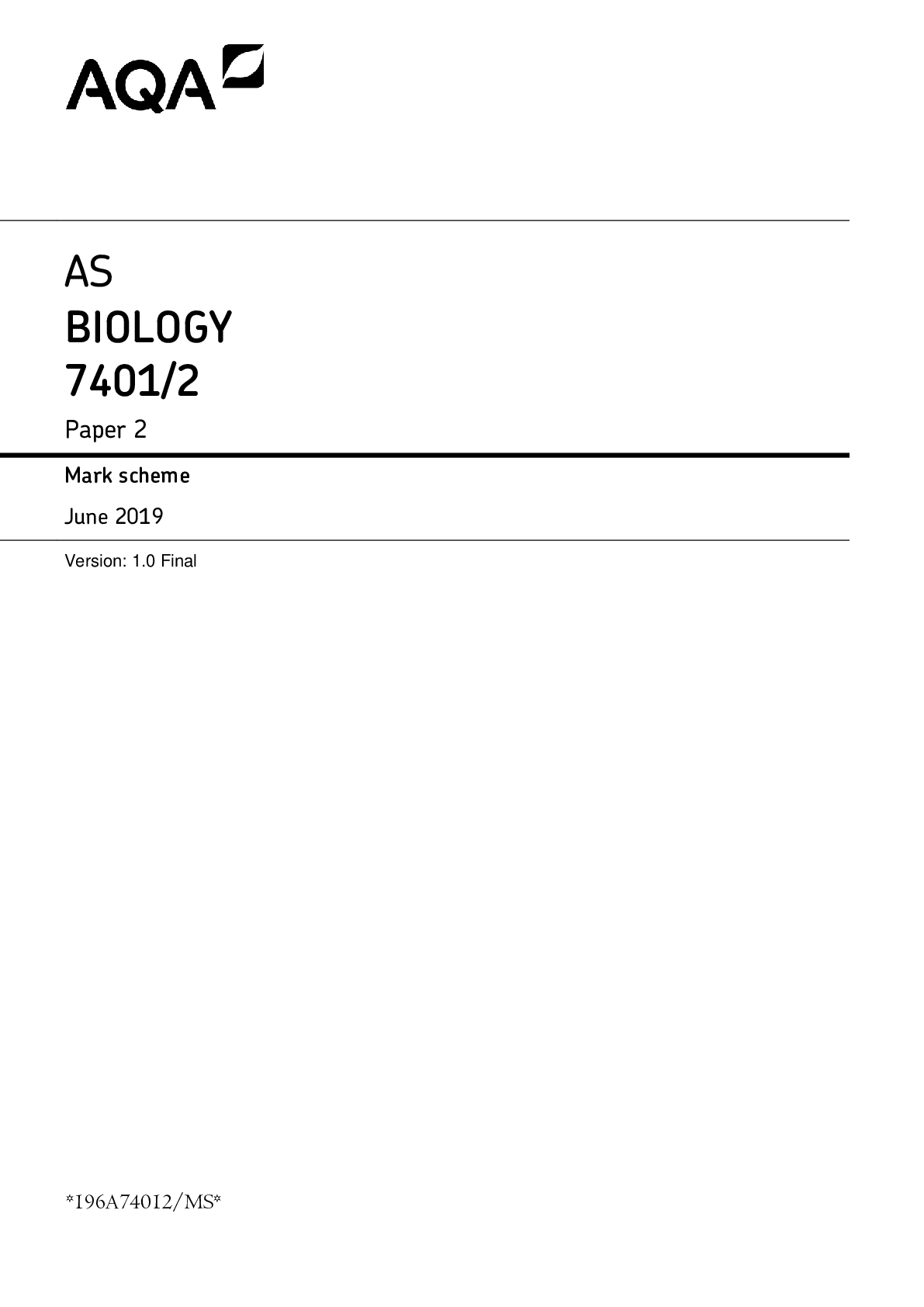

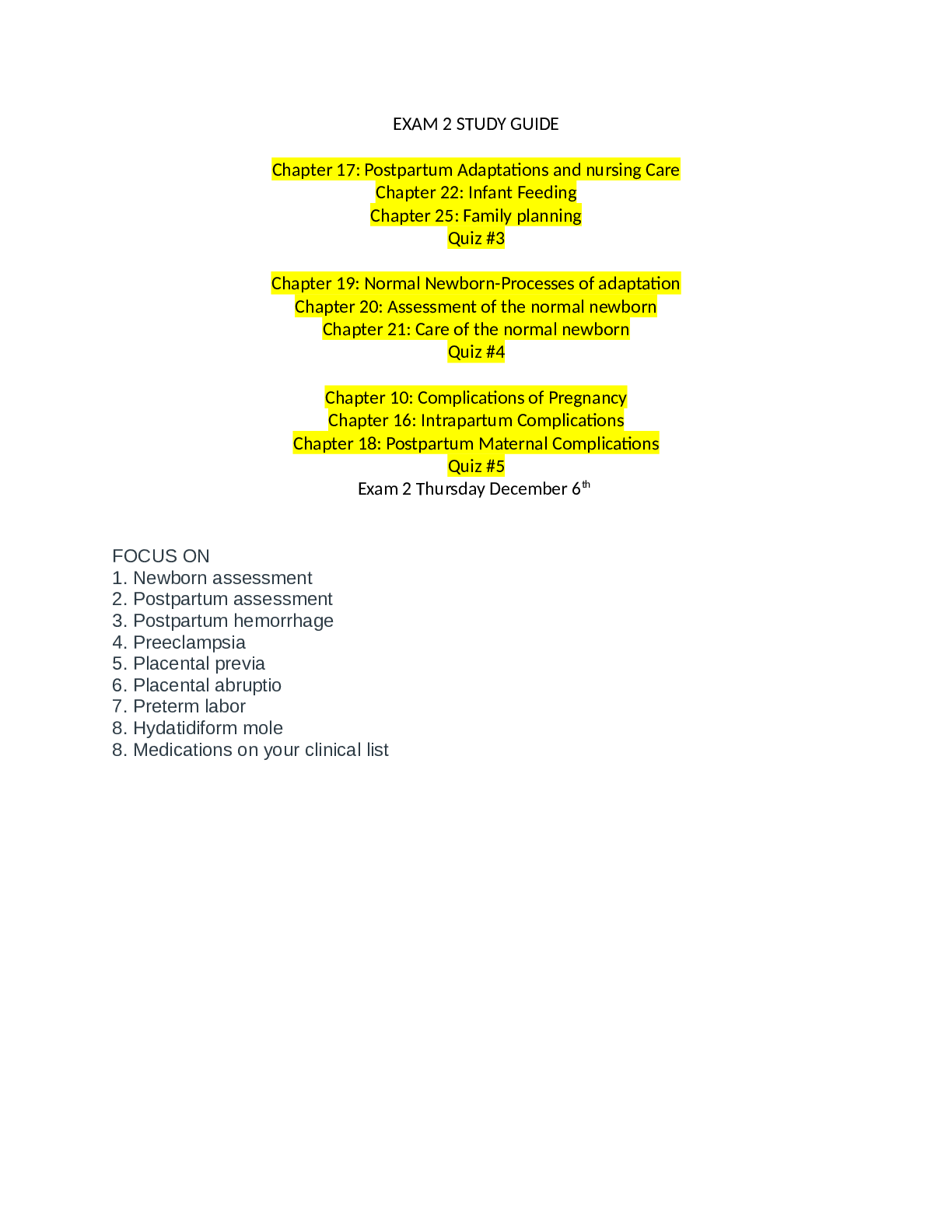
.png)
.png)
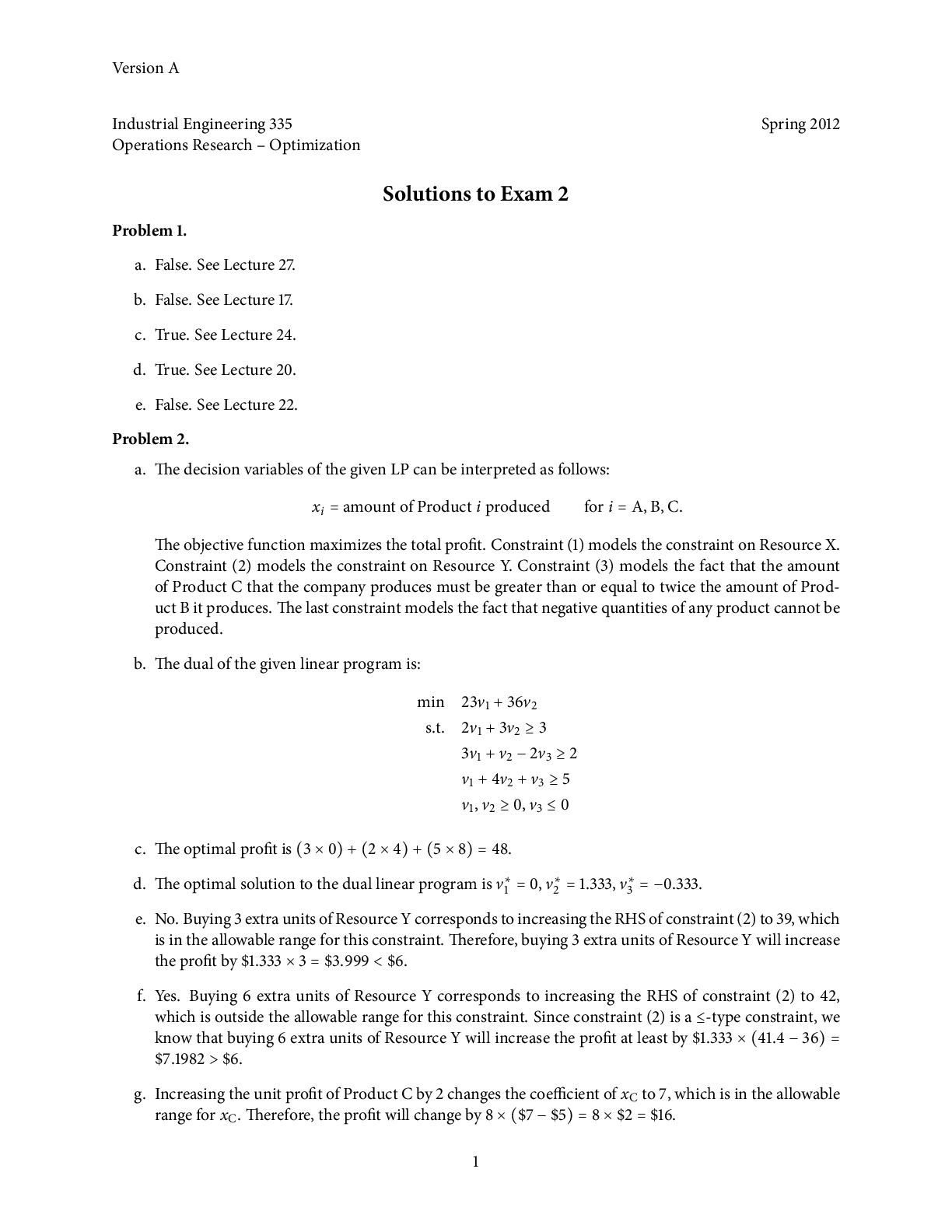

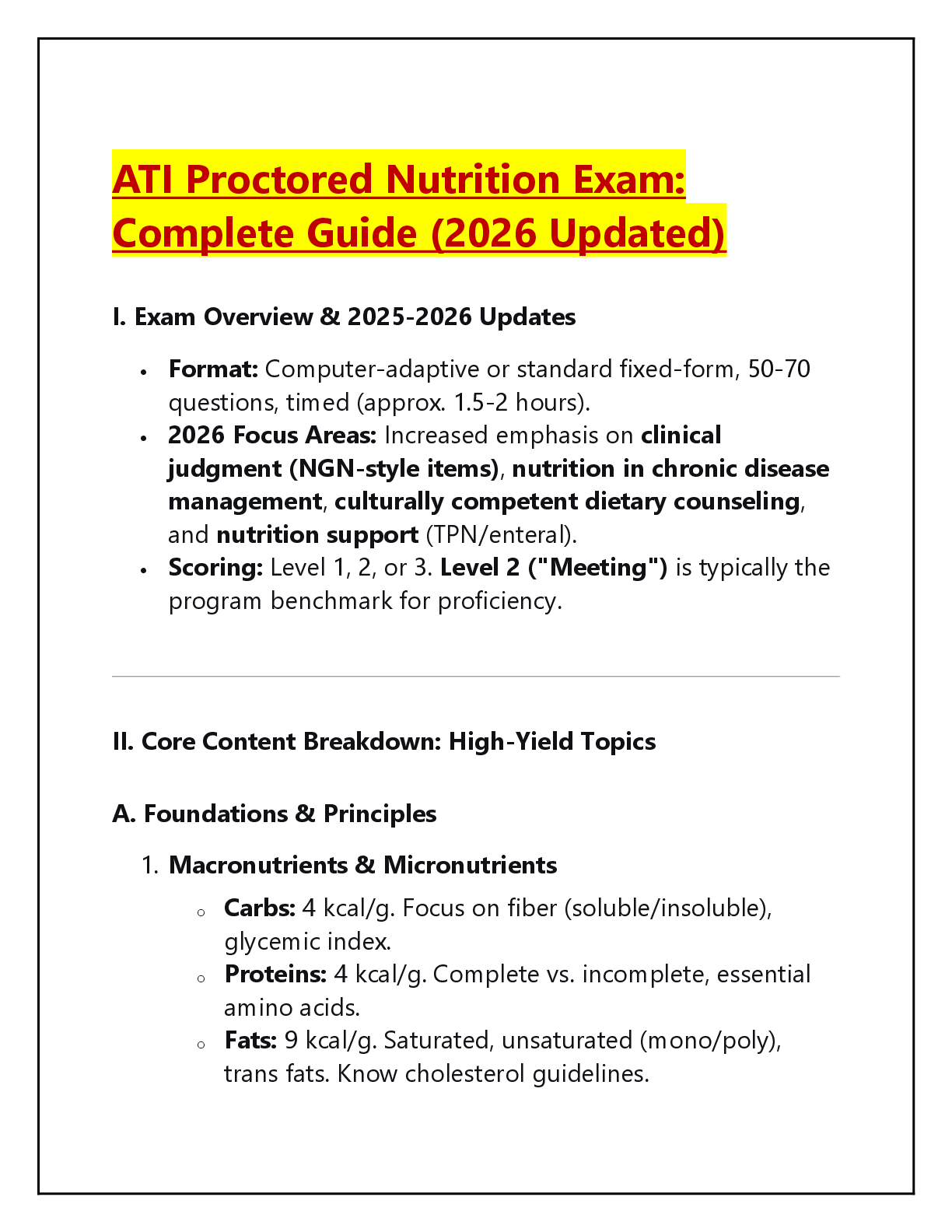
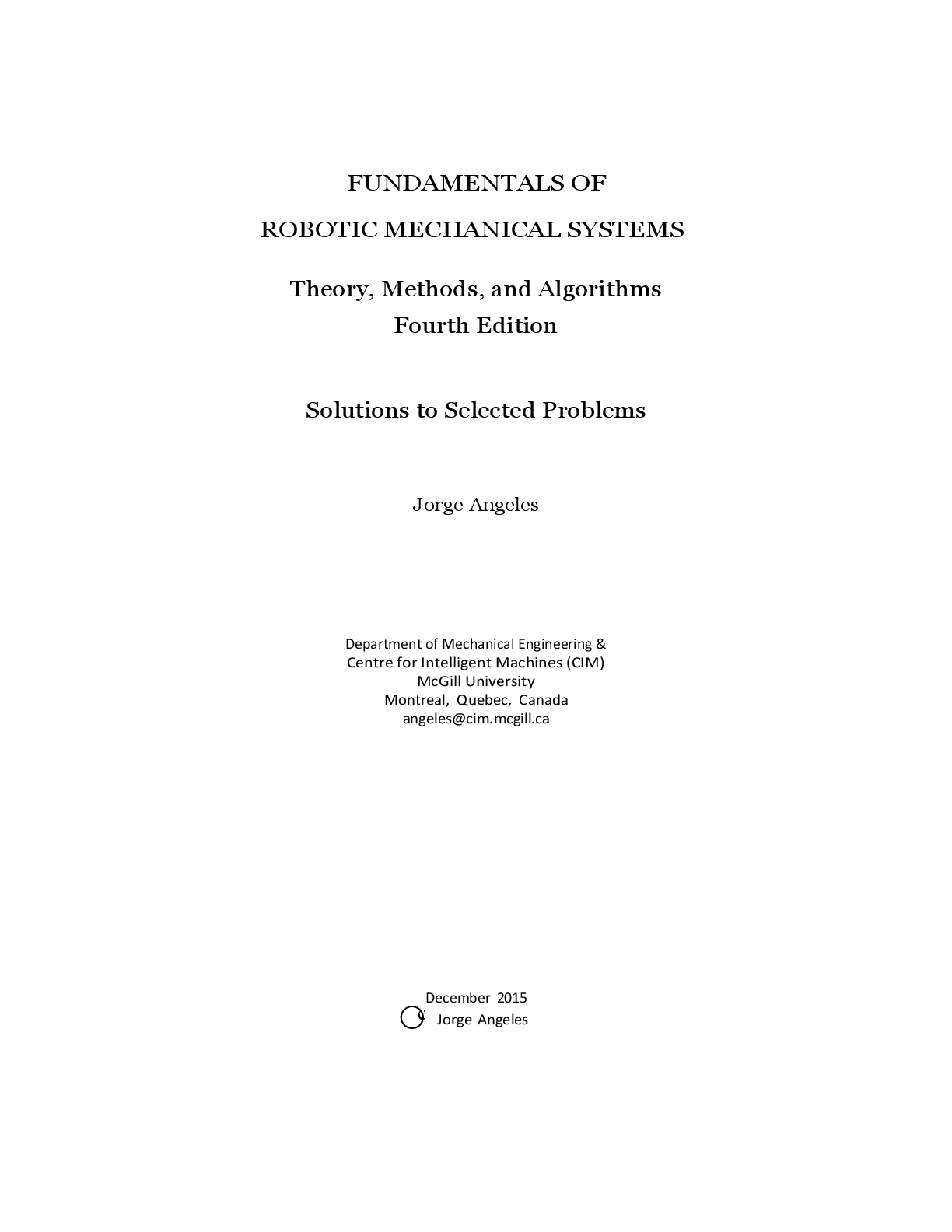

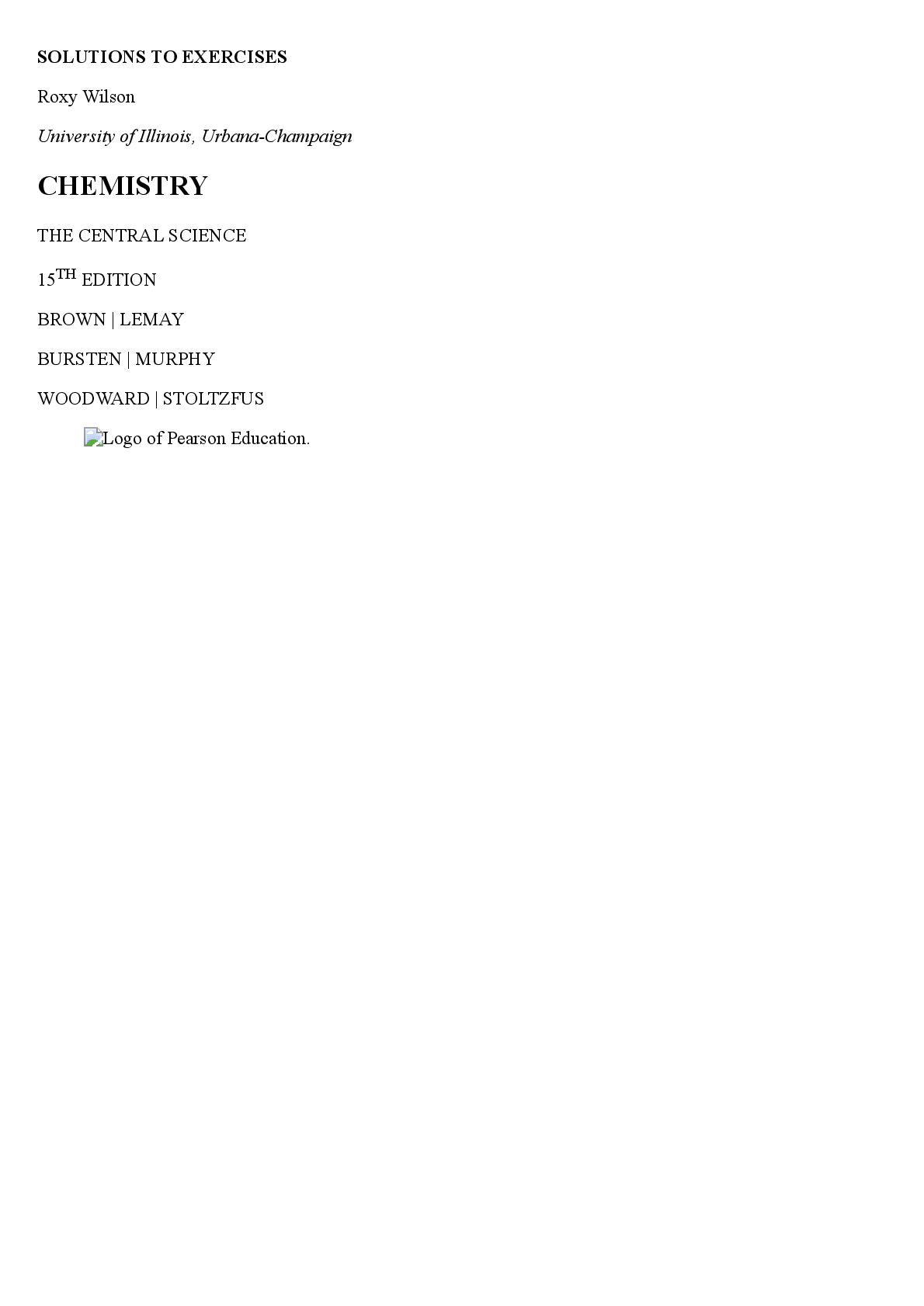
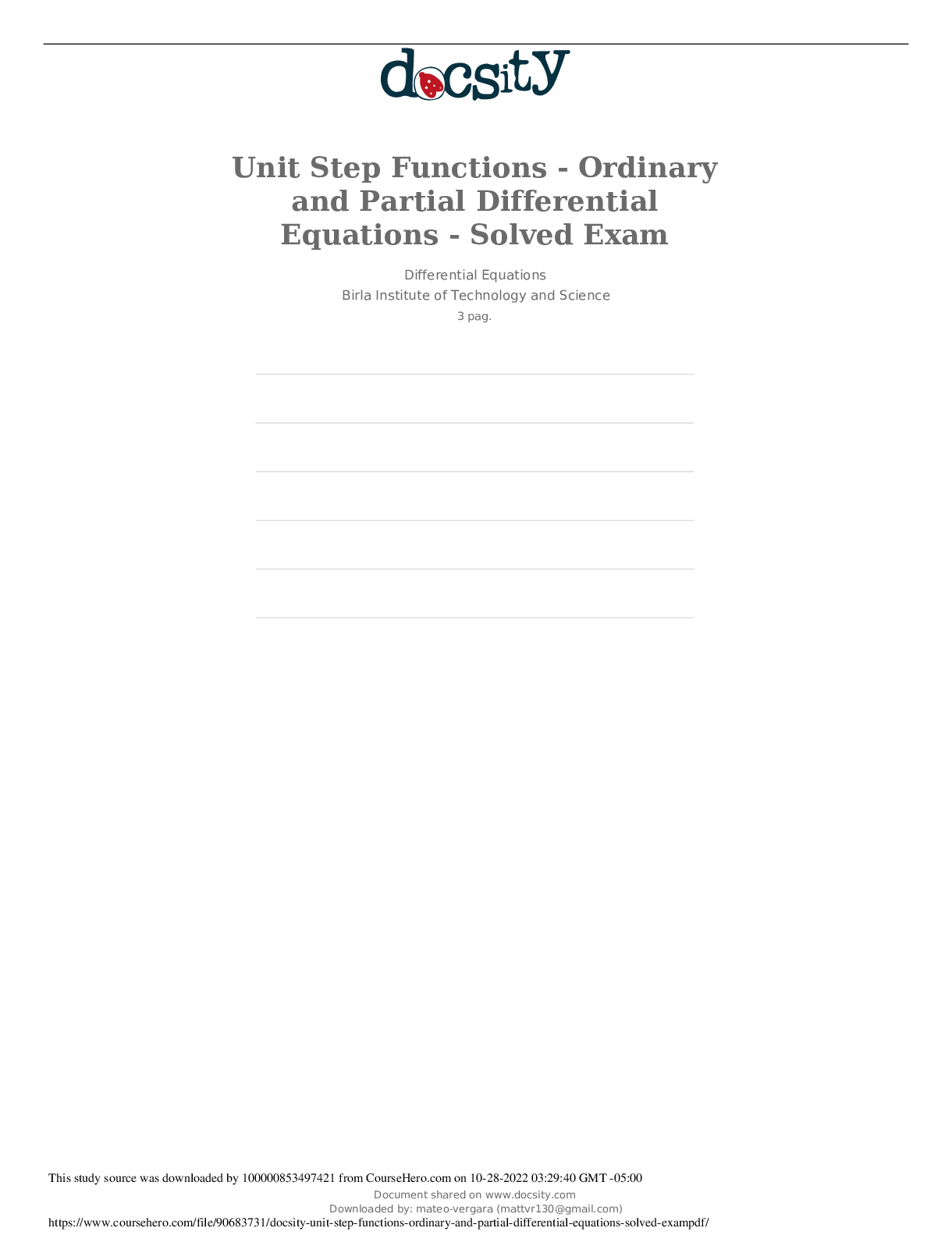


 V1-V2.png)
